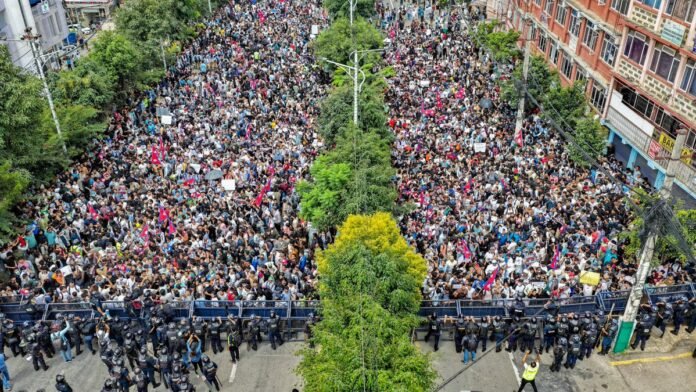Nepal Government Forms Probe Committee After Deadly GenZ Protest Turns Violent
In a tense evening in Kathmandu, Nepal’s government has taken swift action following a chaotic afternoon protest that claimed at least 19 lives. The GenZ-led movement against corruption and a controversial social media ban spiraled out of control, leaving over 300 people injured after police opened fire on the crowds. Now, the cabinet has announced plans to launch an investigation to uncover what went wrong.
A senior cabinet minister, speaking on condition of anonymity, revealed that the late-night meeting decided to set up a special committee to probe the violent clashes. "We’ll finalize the committee members on Tuesday," the minister said. "They have 15 days to wrap up and submit their report." This move comes amid growing demands for accountability in handling the Nepal protests.
The violence erupted when unidentified groups infiltrated the peaceful GenZ protest, leading to attacks on government buildings. What started as a spontaneous campaign by young Nepalis frustrated with political corruption and the social media restrictions quickly turned ugly. Analysts point out that the massive turnout shows deep-seated anger toward the country’s political elite.
Adding to the drama, Nepal’s Home Minister Ramesh Lekhak resigned earlier that evening. He cited the tragic loss of lives from police firings as the reason for stepping down. Official reports confirm 17 deaths in Kathmandu alone, with the total toll hitting 19 across the nation.
The government imposed a curfew in key areas of Kathmandu to restore order, including spots near the President’s Office, Vice-President’s Office, Prime Minister’s Office, Parliament, and the main administrative hub at Singh Durbar. As of late night, authorities haven’t lifted the restrictions, keeping the city on edge.
On the social media ban front, many hoped the cabinet would reverse the restrictions on apps like Facebook, Instagram, WhatsApp, X (formerly Twitter), and WeChat. But Prime Minister’s strong opposition blocked any decision. Interestingly, these platforms started working smoothly late at night without any official word from the government—sparking speculation about an informal easing.
Before the cabinet session, leaders from the ruling Nepali Congress party had pushed hard to lift the ban, urging the government to respond to public outcry. The GenZ protest against corruption and social media restrictions has highlighted Nepal’s youth frustration, and this probe could be a turning point in addressing these issues. Stay tuned as more details emerge on the Nepal government response.



